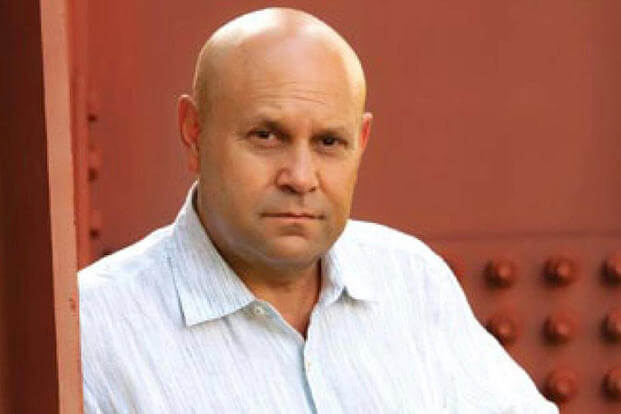A plan by the Marine Corps to include spiritual fitness as a component of professional military education is unconstitutional and must be stopped, the leader of a group dedicated to keeping religion out of the military says.
Mikey Weinstein, founder of the Military Religious Freedom Foundation, told Military.com he plans to assemble a class-action lawsuit if the Corps proceeds with its spiritual fitness initiative.
Within 24 hours of Military.com breaking the news of the Marine Corps' plan to develop elements of noncommissioned officer and officer training devoted to personal faith, personal values and moral decision-making, Weinstein said he received more than 120 calls and emails from current and former troops distraught about these plans.
While the chaplain of the Marine Corps, Rear Adm. Brent Scott, emphasized that spiritual fitness conversations would not focus on any particular religion and would address the needs of non-religious troops as well as those who ascribe to a faith, Weinstein said any sort of mandatory spiritual training would violate troops' religious liberties, and any sort of evaluation or test to gauge spiritual fitness would fall afoul of the first amendment to the Constitution.
"This is nothing more than a Trojan Horse for fundamentalist Christians to proselytize to a captive audience," Weinstein said. "The moment we saw that, we reached out to our litigation team."
Founded in 2005, the foundation frequently uses cease-and-desist letters and lawsuits to stop what its members perceive as unconstitutional proselytization or promotion of religion within the military. The group's actions have led to the removal of Bibles and religious texts from military displays and Department of Veterans Affairs waiting rooms, and curtailed alleged proselytization to troops from senior leaders and outside speakers.
Weinstein said he was particularly troubled by Scott's statement that Marines often needed to look to a higher power in times of crisis.
"If all you have to do is look within yourself, that runs kind of bankrupt over a period of time," Scott told Military.com. "Marines face mortality, life and death, and that's when those faith issues start to come up."
This statement, Weinstein said, invalidates the beliefs of secular humanists in the Corps.
"If you try to do something on your own, you're bankrupt," Weinstein said. "That's the straw that broke the camel's back."
Scott declined to comment on Weinstein's threat to sue to allow the matter to proceed through official channels.
Weinstein and his foundation raised alarms in 2011, when the Army developed a mandatory survey to assess troops' spiritual, emotional and social well-being. As a result of a high-profile outcry, he said, he had a number of meetings with Army leaders, and his feedback was taken into account.
Any spiritual fitness training for the Marine Corps should be entirely optional, Weinstein said, and should be developed with input from outside sources such as his foundation to ensure it is inclusive of all viewpoints.
If the current plans proceed, he said, he will seek injunctive relief in the 4th Circuit Court of Alexandria, Virginia, in order to begin a class-action lawsuit.
"Congress did not authorize the Marine Corps to teach theology," he said.
-- Hope Hodge Seck can be reached at hope.seck@military.com. Follow her on Twitter at@HopeSeck.






























